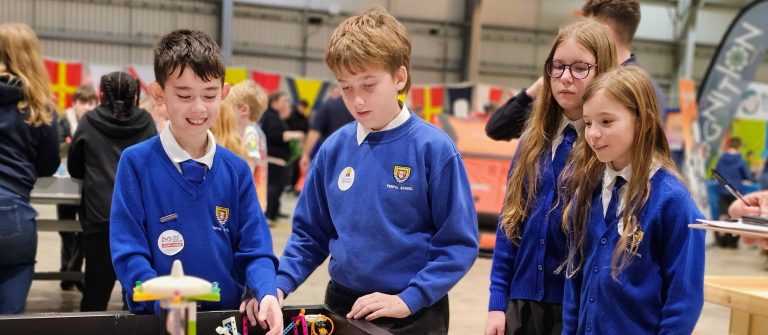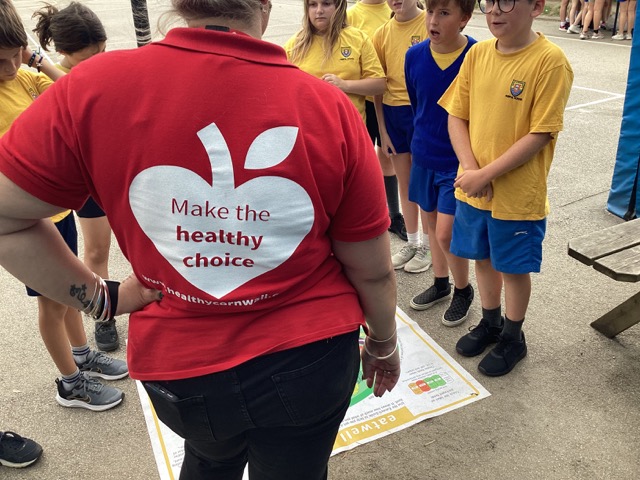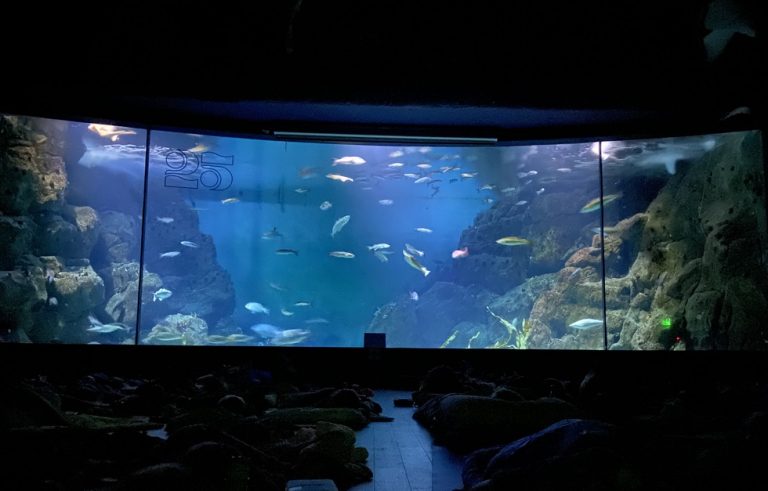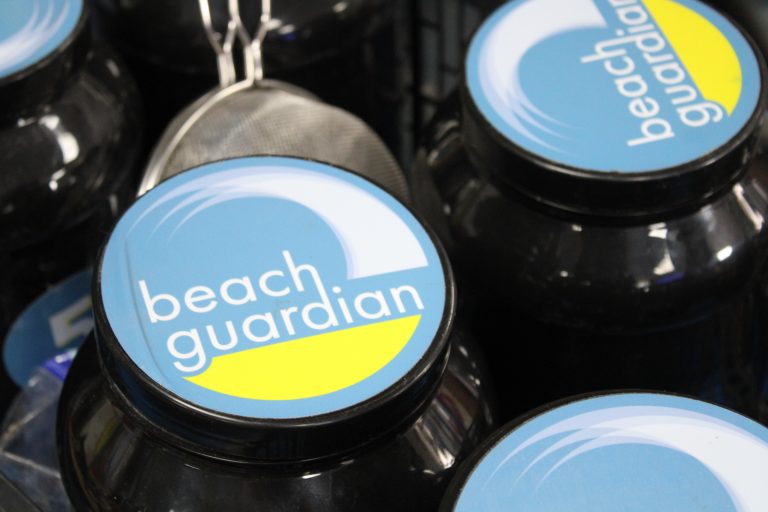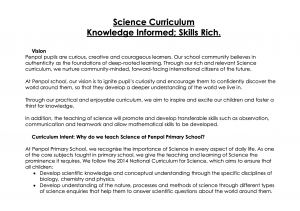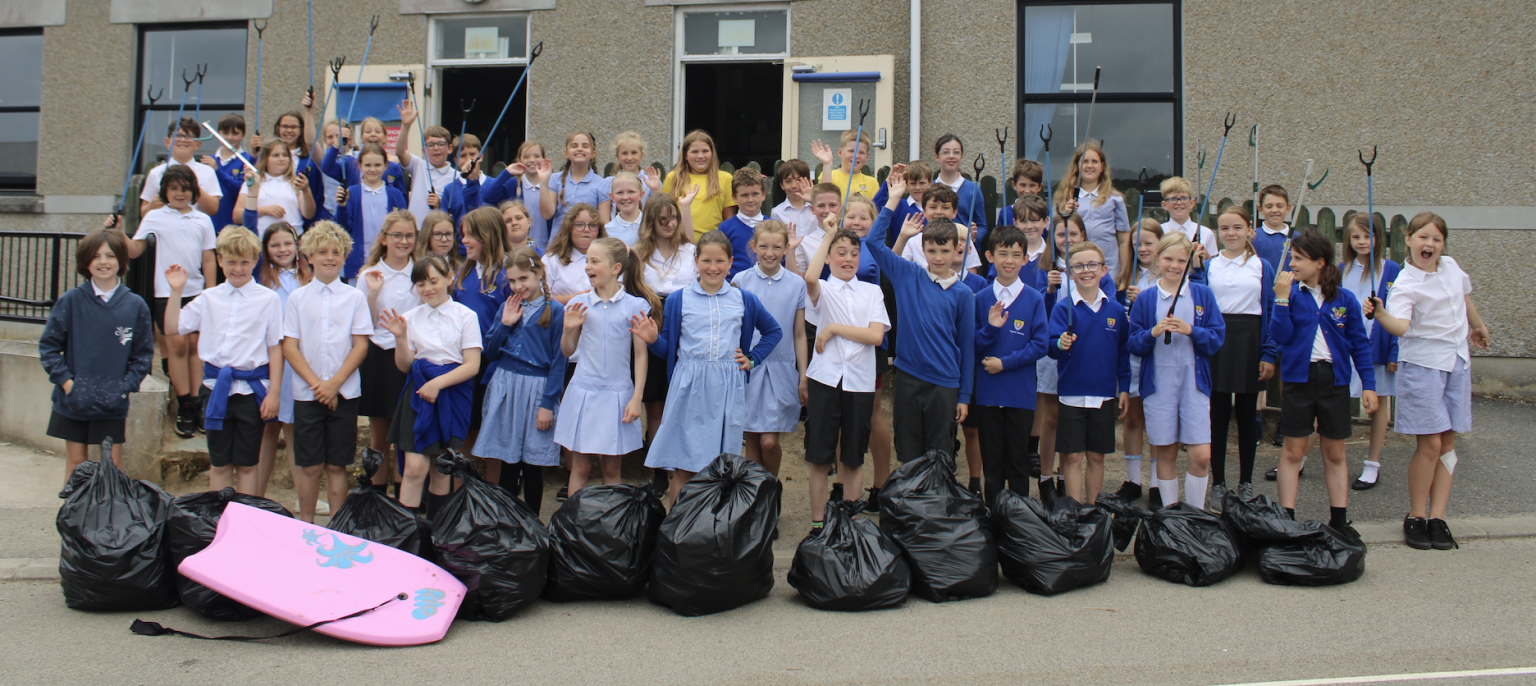
Curriculum Links
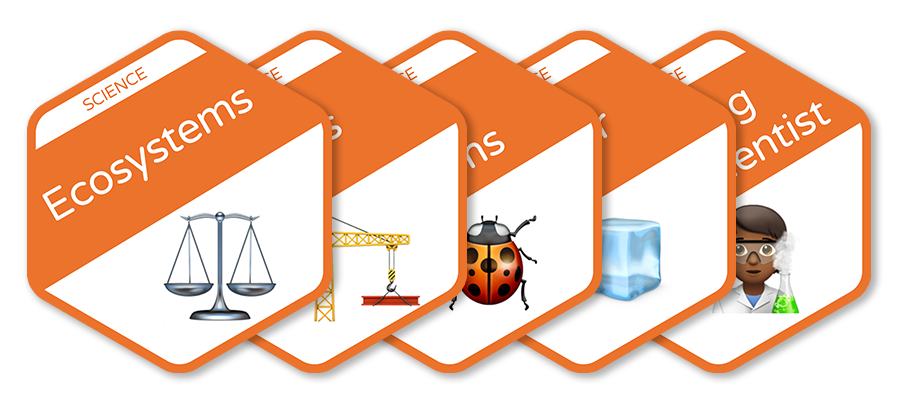
Science Curriculum
Science at Penpol School is led by Sheridan Peck
Science at Penpol School
- Vision
- Intent
- Implementation
- Impact
Penpol pupils are curious, creative and courageous learners. Our school community believes in authenticity as the foundations of deep-rooted learning. Through our rich and relevant Science curriculum, we nurture community-minded, forward-facing international citizens of the future.
At Penpol school, our vision is to ignite pupil’s curiosity and encourage them to confidently discover the world around them, so that they develop a deeper understanding of the world we live in.
Through our practical and enjoyable curriculum, we aim to inspire and excite our children and foster a thirst for knowledge.
In addition, the teaching of science will promote and develop transferable skills such as observation, communication and teamwork and allow mathematical skills to be developed.
Why do we teach Science at Penpol School?
At Penpol Primary School, we recognise the importance of Science in every aspect of daily life. As one of the core subjects taught in primary school, we give the teaching and learning of Science the prominence it requires. We follow the 2014 National Curriculum for Science, which aims to ensure that all children:
- Develop scientific knowledge and conceptual understanding through the specific disciplines of biology, chemistry and physics.
- Develop understanding of the nature, processes and methods of science through different types of science enquiries that help them to answer scientific questions about the world around them.
- Are equipped with scientific skills required to understand the uses and implications of science, today and for the future.
Our school curriculum, along with our vision and values, support to shape and inspire our science curriculum. Children will grow their scientific vocabularyas well as their skills. We want our children to leave Penpol School knowing that it is possible for them to achieve their aspirations having developed attitudes of curiousity, creativity, co-operation, perseverance, resilience, responsibility and integrity in thinking.
How is Science taught at Penpol School?
At Penpol Primary School, Science is taught weekly and is incorporated into the topic-based curriculum, where possible. During the Spring term, each year groups’ topic is based on a science concept. The science curriculum embodies a clear progression framework which ensures that children are continually building on their prior learning as they systematically develop their understanding of key ideas and their scientific skills. The long-term plan (see below) has been designed to contain a sequence of knowledge and concepts, through the specific disciplines of biology, physics and chemistry, on a year-by-year basis to ensure progress in the concepts of science to ensure that children develop secure understanding. The concepts are taught in the order identified in the long-term plan below and are not organised by half term as the content for each module varies in length.
We use STEM and Bath Spa resources to plan our own as programme of study which enhances our quality first teaching. This ensures that children systematically develop their knowledge of big ideas and their scientific skills, for example:
Year 1 – Digging for Dinosaurs
Year 2 – Busy Bees
Year 3 – Mine Craft
Year 4 – Magic Matters
Year 5 – Space
Year 6 – Light It Up
The scientific area of learning is concerned with increasing pupils’ knowledge, understanding of our world and with developing skills associated with science as a process of enquiry. It will develop the natural curiosity of the child, encourage respect for living organisms and the physical environment and provide opportunities for critical evaluation of evidence. Science is encouraged to be hands on, investigative and fun and is celebrated through SCIENCE WEEK and other important days/events throughout the year.
We also use a variety of other resources to support the planning and teaching of science:
• Knowledge organisers for each topic which outlines prior knowledge, future knowledge and vocabulary children will master throughout the topic.
What will we see from the teaching of Science at Penpol?
The impact from planning and teaching a high-quality science curriculum is that children will not only acquire the appropriate age-related knowledge linked to the science curriculum, but also skills which equip them to progress from their starting points, and within their everyday lives. Our aim for science is to increase the skills needed to navigate an ever-changing world of science and technology by immersing our children with scientific enquiry skills, key scientific knowledge and investigative skills. We aim to create a culture of high scientific aspirations, which will allow our students a platform to develop their scientific learning and careers, and to articulate their understanding of key scientific concepts.
Concepts taught in Science at Penpol
-
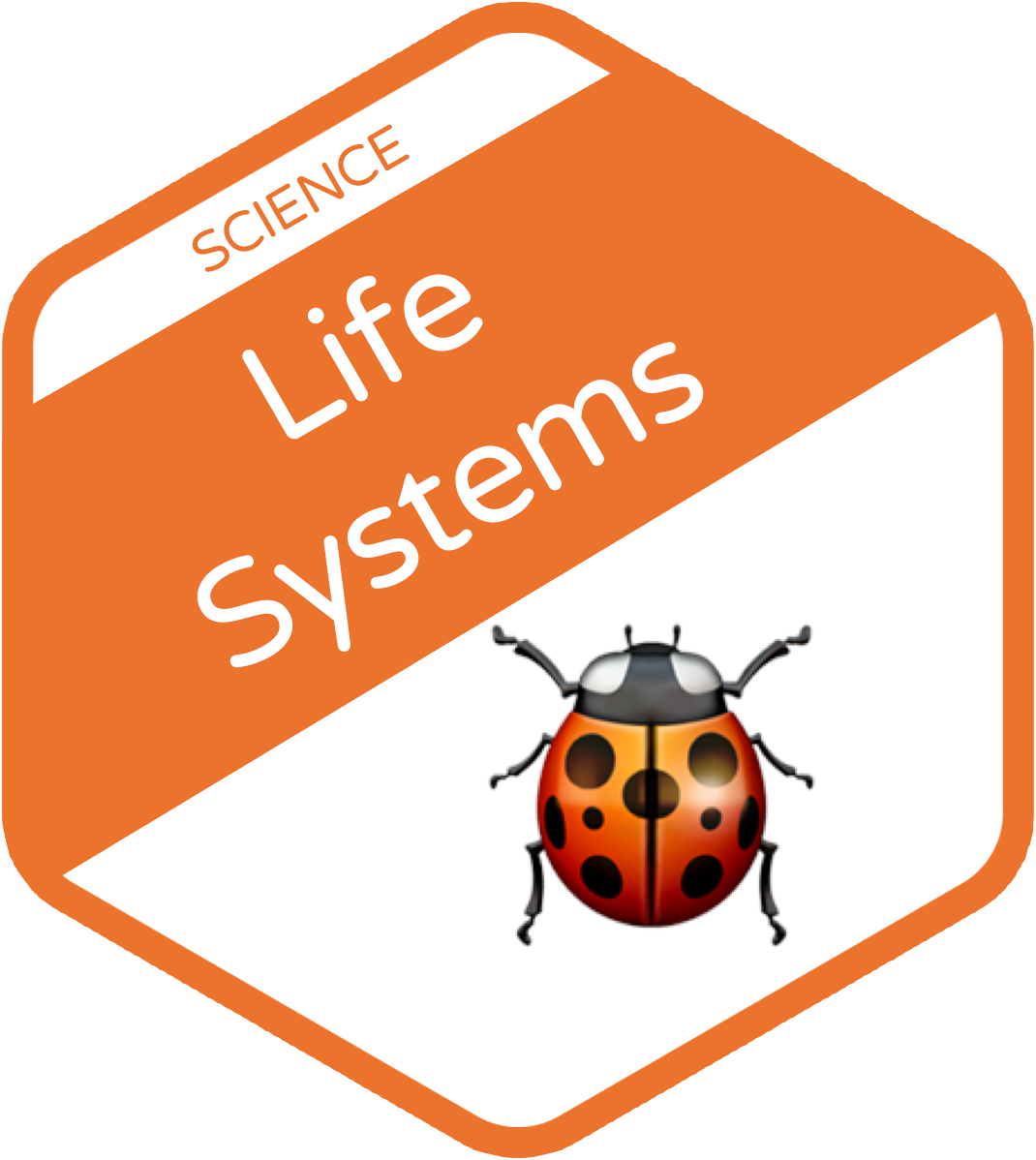
Life Systems
The study of the life processes of animals, humans and plants. Pupils will study the different systems within humans and animals such as the digestive, skeletal and circulatory system. Pupils will investigate healthy eating, food chains and evolution. As well as studying plants.
-
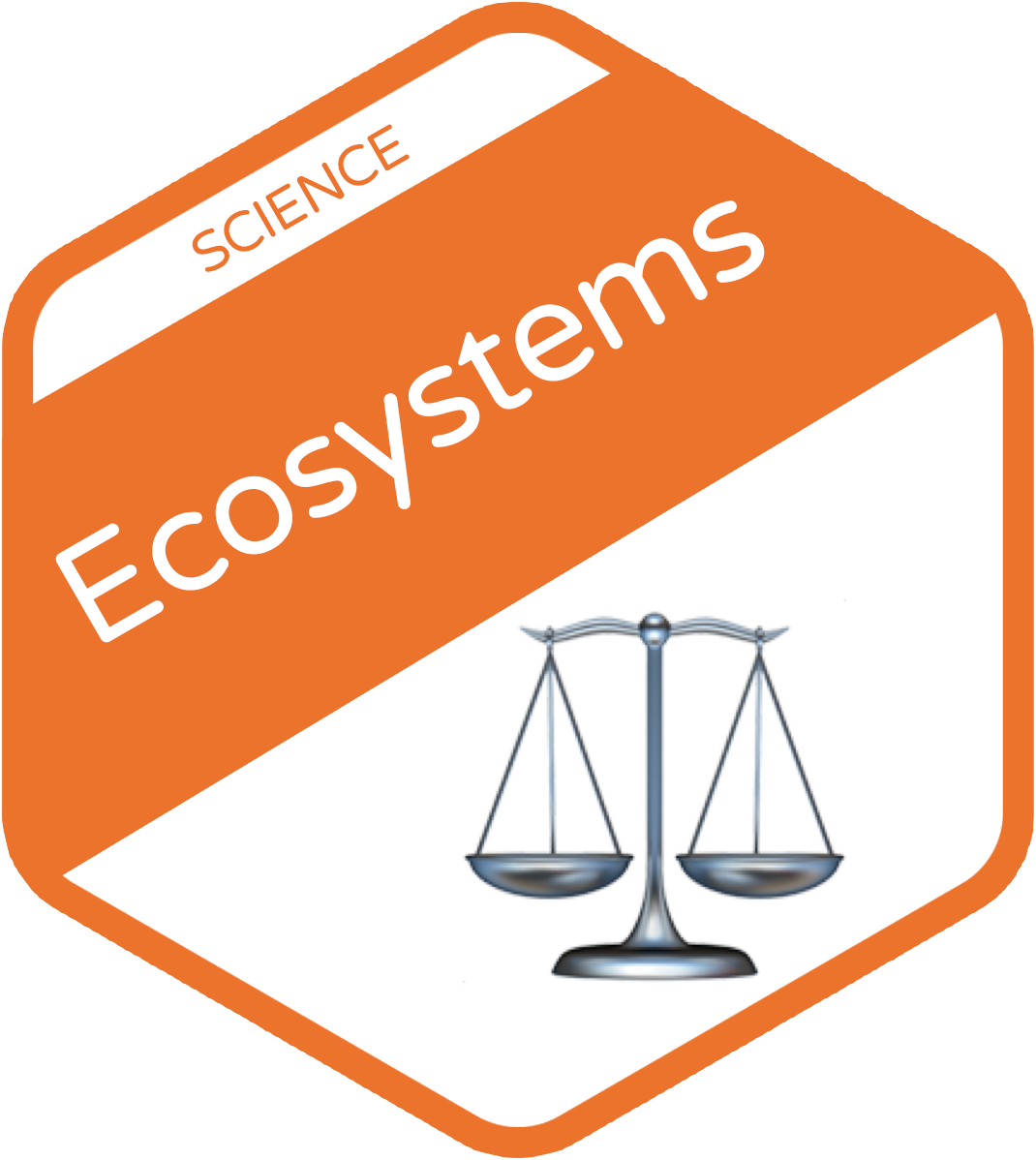
Ecosystem
Ecosystems are made up of living and non-living things, it includes the study of plants and other things that make up communities of life. Pupils will study seasonal changes habitats and life cycles.
-
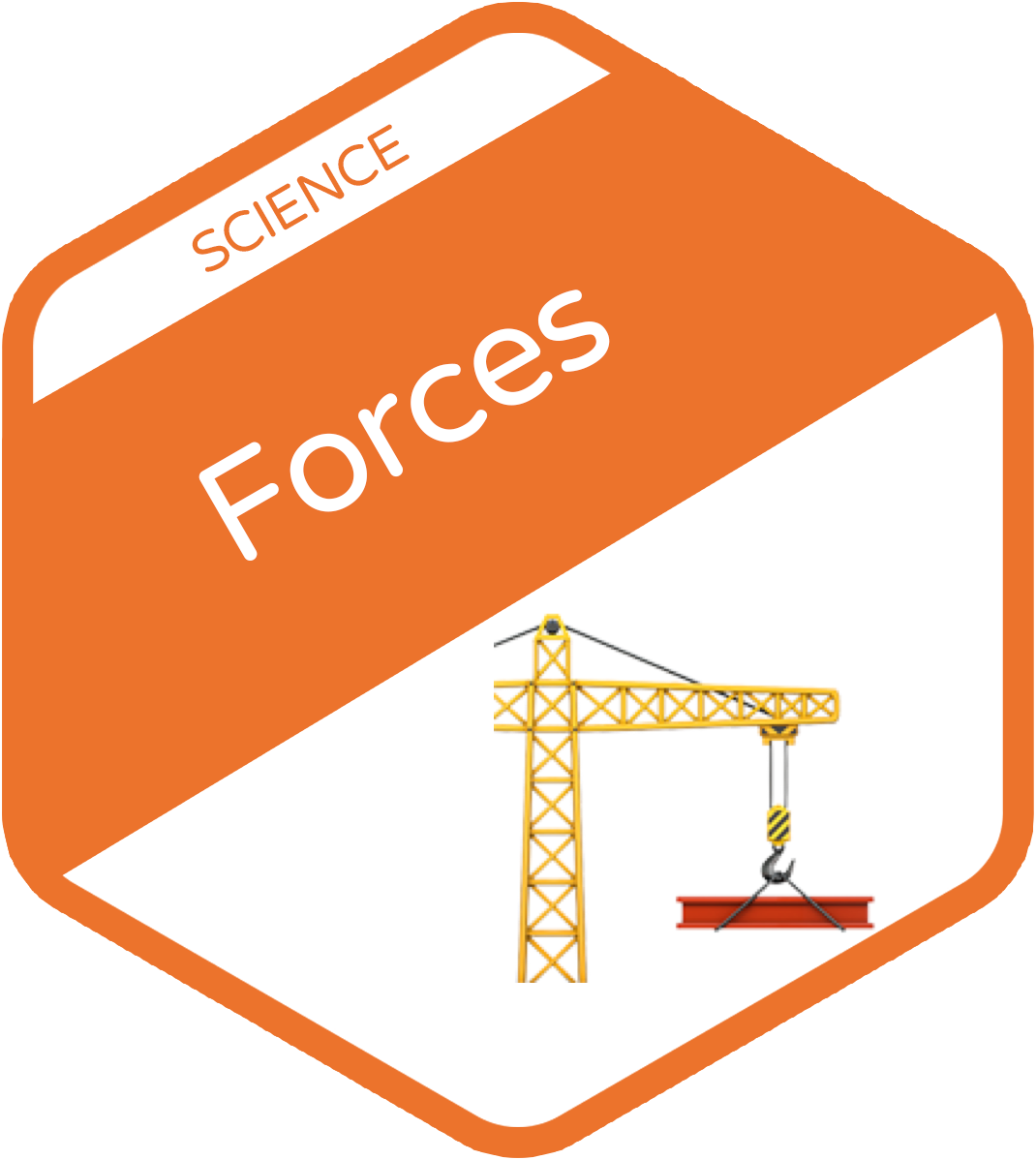
Forces
Forces are by nature, hard to understand: often only their effects can be seen, while the forces remain hidden. Forces are with us every day. Pupils will study light, magnets, sound and Earth and space.
-
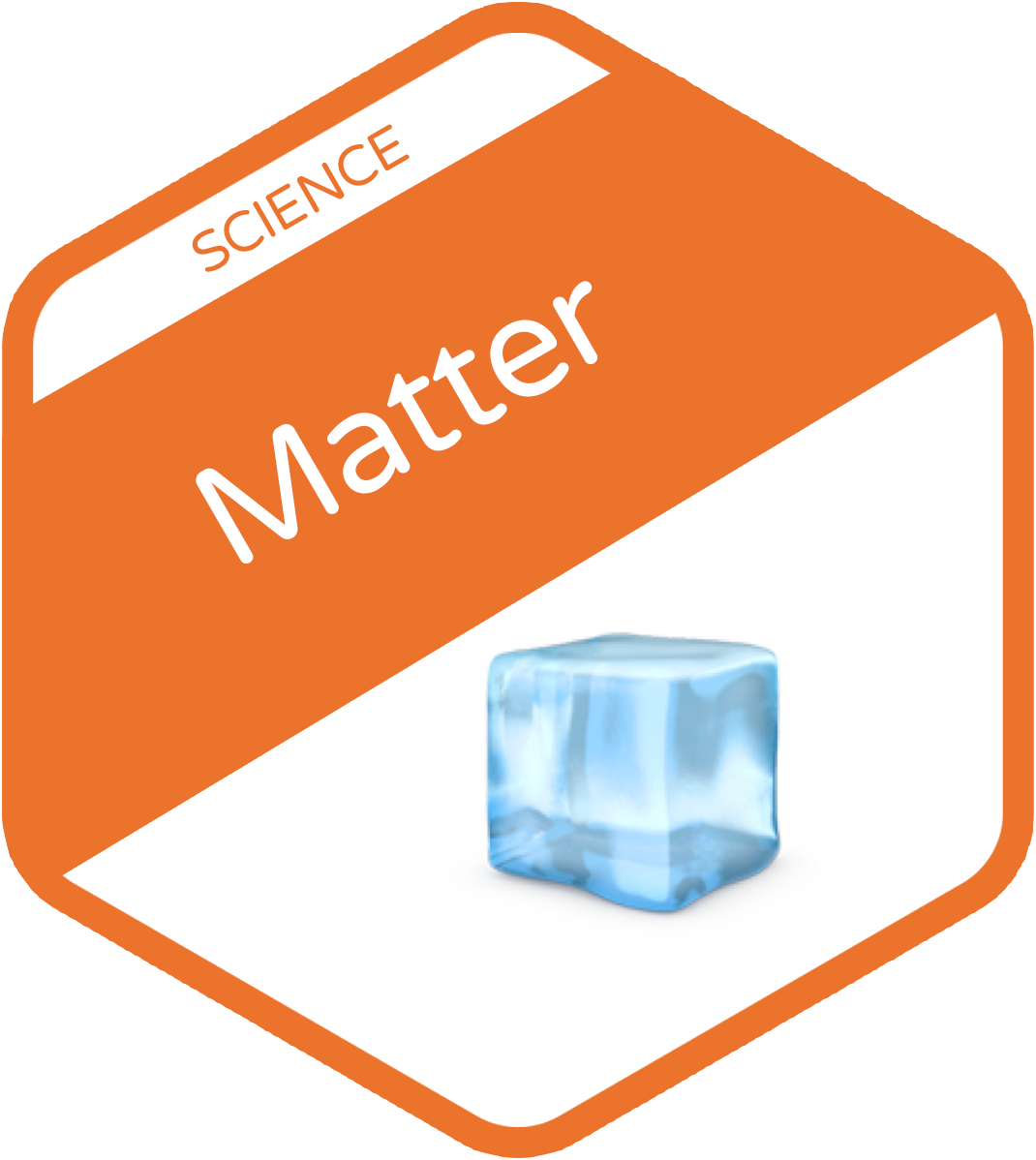
Matter
All matter in the universe is made up of tiny building block. Pupils will learn about different materials, rocks and solids, liquids and gases.
-
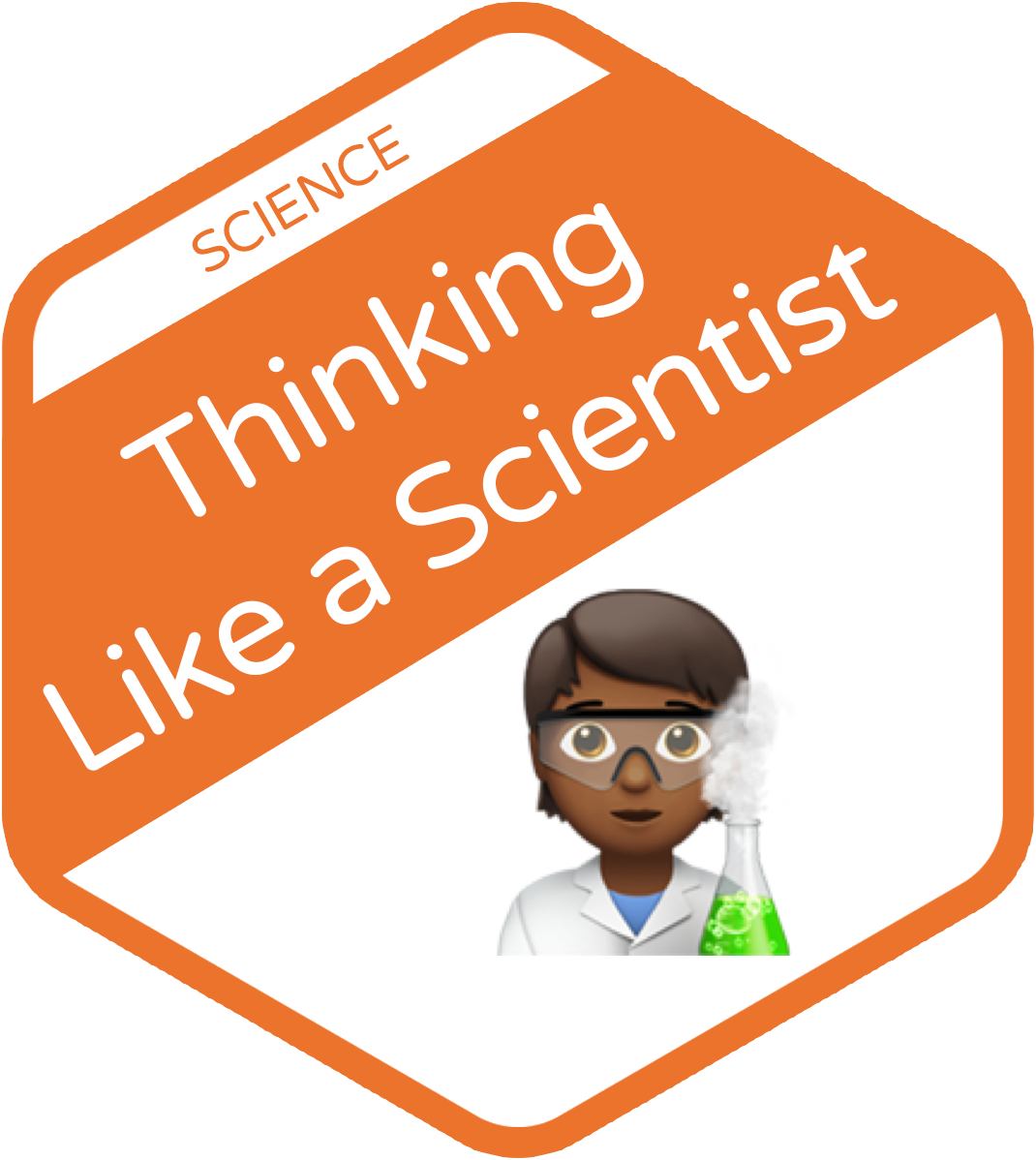
Thinking Like a Scientist
Pupils will explore the world around them using a variety of approaches to answer relevant questions.
Other Documents
Useful Links
This page was last updated:
5th December 2022


